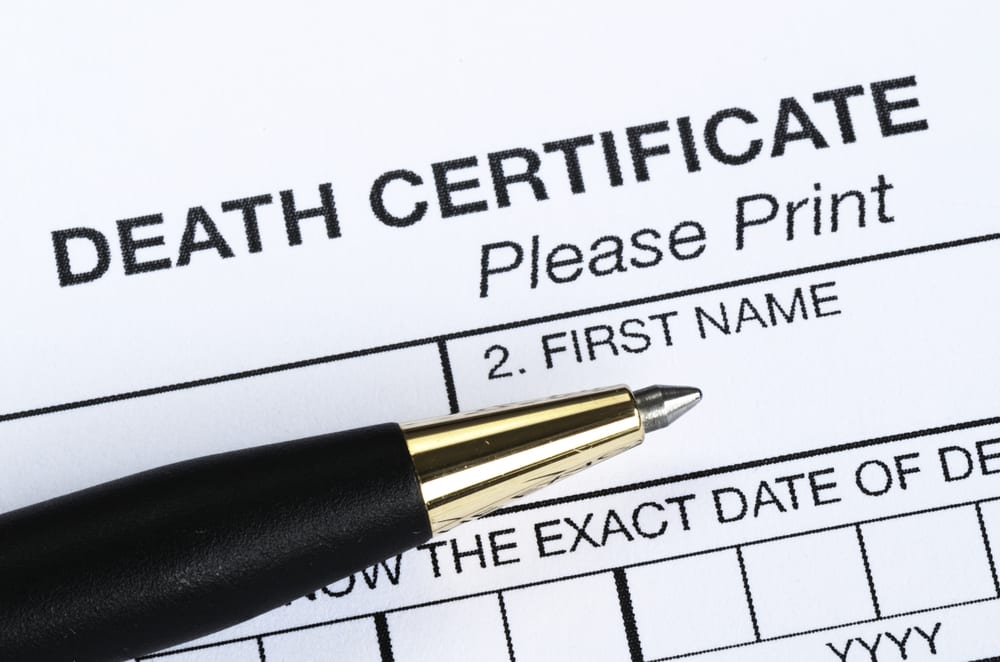Life estate is a property that an individual owns and may use throughout their lifetime.
A life tenant is anyone who shares ownership of the property with another person(s). The shared ownership is such that upon the life tenant’s death, the other party will automatically receive the title to the property.
Now, is there a simpler way to put it?
Should you have one?
Can you mortgage them?
We’ll answer these questions plus everything in between below. Let’s get started.
A Simpler Definition (And an Example!)
If you’re anything like us, that bland definition did little to help you understand what a life estate is. So, let’s use a story as an example instead.
Meet King.
As kings used to be back in the day, King wasn’t anyone’s favorite person. Sure, King had his fans but he also had enemies. And he was feeling unsafe.
King wanted people to protect him but he didn’t want to just give them gold and silver. That’s too easy, he said. King had a better idea.
He offered his people land in exchange for their protection.
You can do with it whatever you like, he said. Rent it out. Plant all sorts of trees and harvest all sorts of fruits. Reap whatever value. But only as long as I’m alive, he warned.
Meaning if they let King die, they’d go back to being broke and landless.
In other words, they will get the estate only for the duration of King’s life. An estate…For. Life.
So, that’s our example illustrating what a life estate is essentially. Except modernized in our time with something called a life estate deed. (But more on life estate deed later.)
Just to make sure you really get it. According to the law, a LIFE ESTATE is a type of joint property ownership of immovable property for the duration of a person’s life.
Notice the word immovable. That’s the reason life estates are usually land or some sort of residence (but not always).
What Is a Life Tenant?
In our story, each of King’s protectors is what you’d call a life tenant.
Life tenants can basically do ANYTHING with the real property EXCEPT sell it. Why? Because the law states that a life tenant retains all the rights and responsibilities of an owner except the right to sell or mortgage the property.
What sorts of responsibilities? To name a few, property taxes, insurance, and maintenance.
What Happens After a Life Tenant’s Death?
Well, then the land goes back to King. That’s because King is the original property owner, life estate holder, or grantor (if you’re fancy).
In the real world, if the life tenant dies for whatever circumstances, the ownership rights pass to the remainder owner even without a will.
If you follow the law of life tenancy, the remainderman only has to file the death certificate of the life tenant. After that, the ownership of the life tenant of the property ends.
What Is a Measuring Life?
The measuring life is what determines the length of the life estate. It’s commonly held against the person whose death ends the life estate. Usually, the duration of the life estate is tied to the life of the life tenant.
So, in our story, if the protectors die, then the measuring life is cut short. If they live long, the length of the life estate is also long.
How Do You Create a Life Estate?
Life estates can be created through deeds, wills, and trusts. To keep things simple, we’ll only go into life estate deeds. But the general idea across is the same.
Life Estate Deed
A life estate deed is where you’ll name yourself as the life tenant (assuming you’re the property owner), and whoever you choose as remainderman.
You get to choose whether to fill out the form by yourself or hire an estate planning attorney from your trusted law firm to do it for you (the better option if you need additional legal advice).
Also, don’t forget to have this legal document notarized and file it with the local recording office. That way the deed is all good and valid.
Is It a Good Idea to Get a Life Estate?
People typically adopt the life estate process to streamline inheritance especially when the life tenant’s age is already past 50, for instance. The joint ownership allows one person to remain in their house until their death when it automatically passes to the other person.
A real-life example? Elderly parents can give their house to their adult children without having to move into a nursing home.
Having said that, here are four more benefits to getting a life estate. And after that, a handful of concerns you should know about.
Pros
#1 Avoid Probate
Because a life estate is an instant transfer, the legal process of proving a will is not required. (It’s almost like life insurance!)
Avoiding the probate process is usually the number one reason people have a life estate interest. After all, court proceedings are notorious for taking a long time.
#2 Medicaid Planning
An automatic property transfer is also valuable if there is a chance you would need to apply for Medicaid-covered long-term care in the future.
It’s a sad reality but death doesn’t erase debts. The government can take what you owe for your healthcare even after your death. They can take this from any of your remaining property, including your house. It’s something they call Medicaid estate recovery.
To avoid this, people get a life estate. Why? Because under a life estate, the home is no longer considered an asset of the deceased’s estate. This effectively protects it from lawsuits.
#3 Straightforward Estate Planning
A life estate is a good option for those who:
- Don’t have the cash to spare for a Legacy Assurance Plan consult
- Want an alternative to naming a beneficiary in their will
- Widowed homeowners who can no longer live alone
Regardless of the situation, what people are after is the assurance that the ownership of the home will pass to their chosen person without delay. So, you can give your son or daughter ownership interest but they can only take possession once you’re no longer here.
#4 Passive Income
Simplified property transfer is not the only reason people want them.
Yes, we’ve only discussed it in the context of real estate so far. But here’s the truth.
Life estates can also come in the form of bonds, oil and gas leases, or real estate investment trusts (REITs).
If this is what you agree upon, the life tenant can receive income for life. But of course, they can’t access the principal.
Cons
#1 Difficulty in Changes to Deeds
Say the life tenant damages the property, understandably displeasing you, or your plans just change. Sadly, there’s nothing you can do without the remainderman’s consent.
Remainder interest gives them full control of the property even if they can only take possession after your death.
#2 Vulnerability to Problems of the Remainderman
A life estate does not protect the remainderman from their legal problems or creditors. So, if the remainderman gets into debt, the property will be put on the line.
#3 Taxes
Life estates don’t allow you to minimize estate tax. The property’s fair market value is included in the taxable estate even after the original owner dies. If the property is worth over $12 million, then real estate taxes could be due.
A life estate is also considered a gift under the Federal Estate Tax Code. So, if the property is valued at more than $14,000, you have to pay a gift tax.
Can You Really Not Sell or Mortgage Life Estates?
We’ll get to the mortgage question in a while but first, you need to know this by heart.
No matter what type of property is involved, a life tenant cannot sell or borrow money against a life estate without the agreement of the remainderman.
The only thing a life tenant can do is sell their life interest in the property. Should you decide to mortgage your property, the remainderman must agree and sign off on the mortgage.
This also doesn’t mean the two parties (remainderman and life tenant) can’t come to an agreement about the sale or deal.
You should know though, the remainderman can demand a portion of the proceeds based on a predetermined scale that reflects the age of the life tenant, as well as current interest rates.
Typically, the older the life tenant, the more the remainderman expects to receive.
So in this scenario, for example, after the two of you sign off on the loan, you have to part with at least some of the cash and give it to your remainderman.
Although it’s possible to mortgage your property, just remember you need your remainderman’s consent; hence the term joint ownership.
Conclusion
If a person dies, they wouldn’t want to leave their surviving spouse with nothing, won’t they? Or if you’re the widow, you’d do anything to avoid a nursing home, wouldn’t you?
You can probably think of more ways you’d benefit from a life estate. But again, it can be a double-edged sword. Choose wisely!






